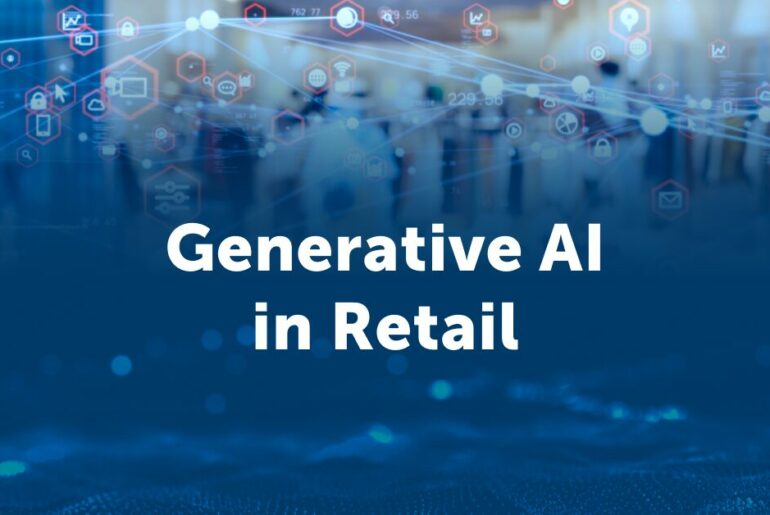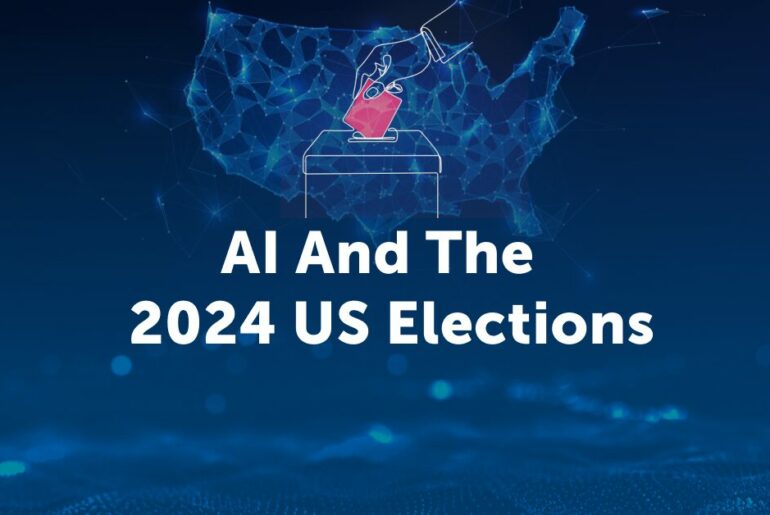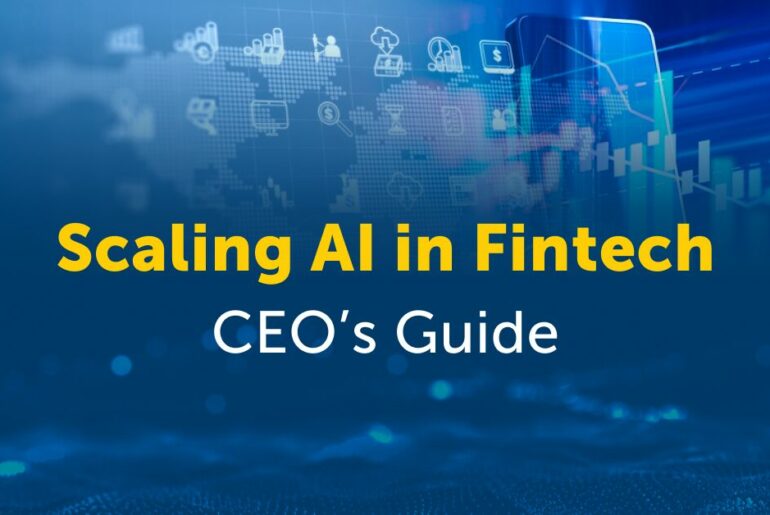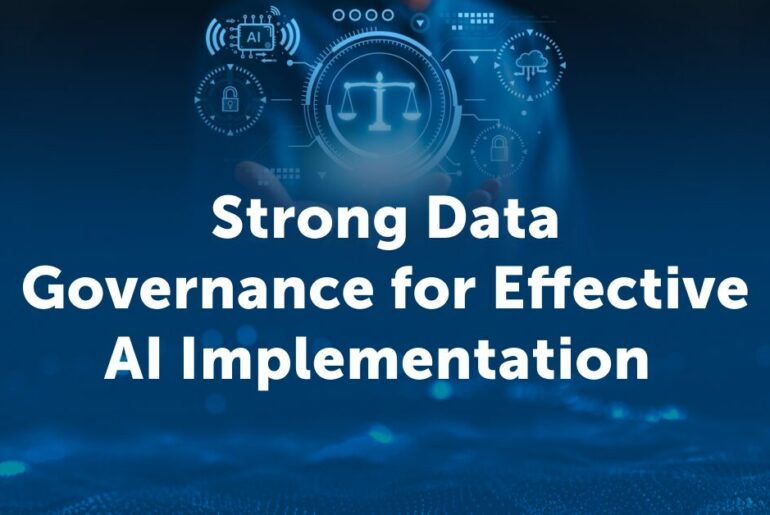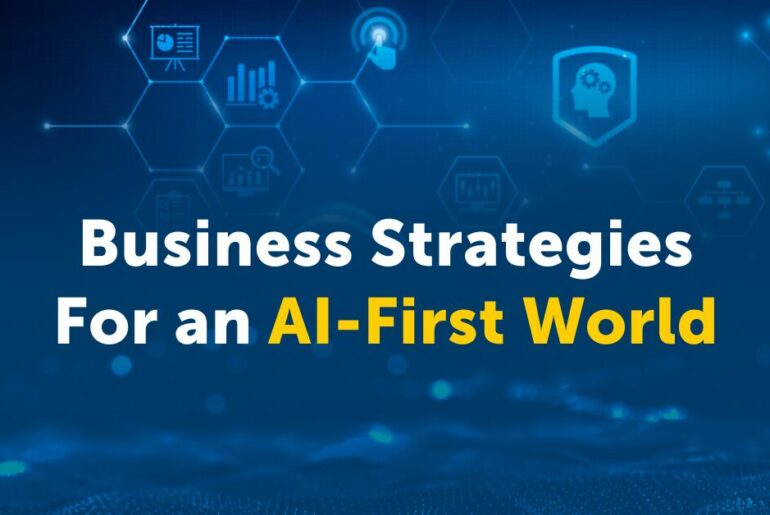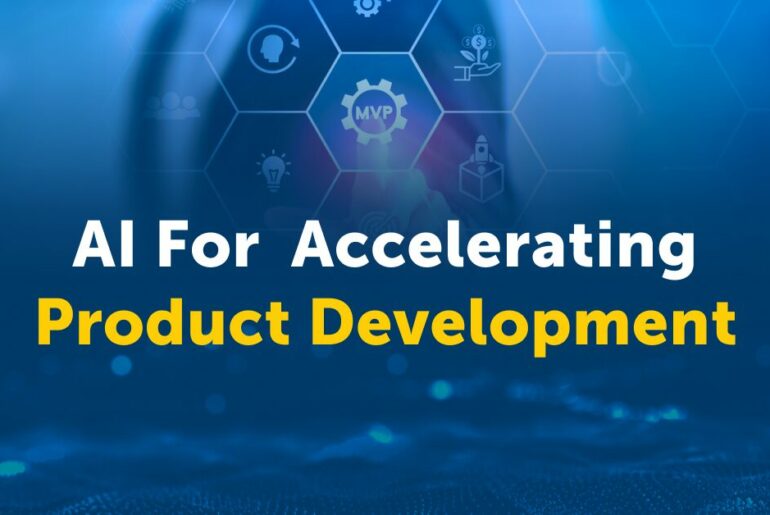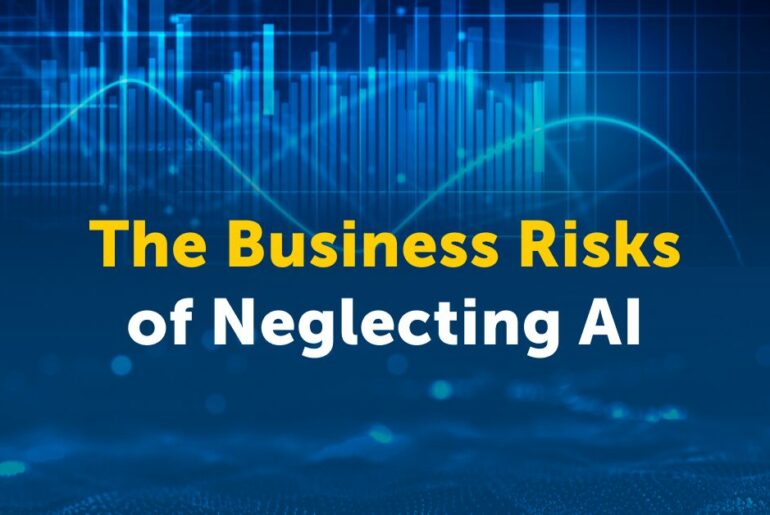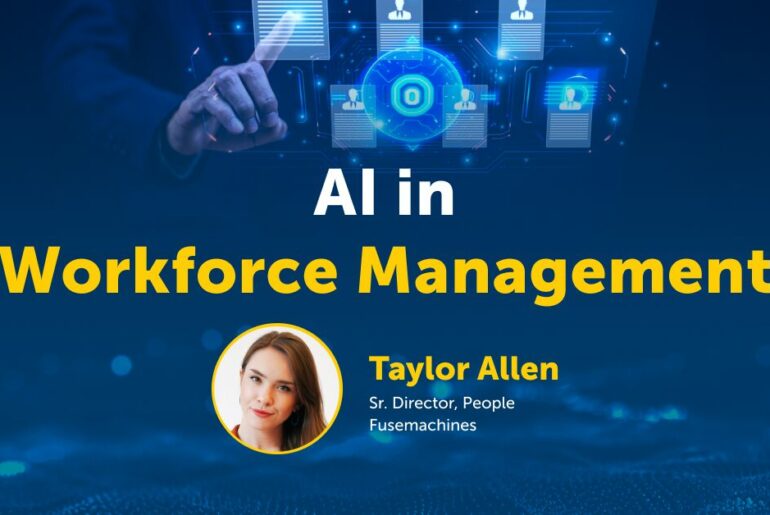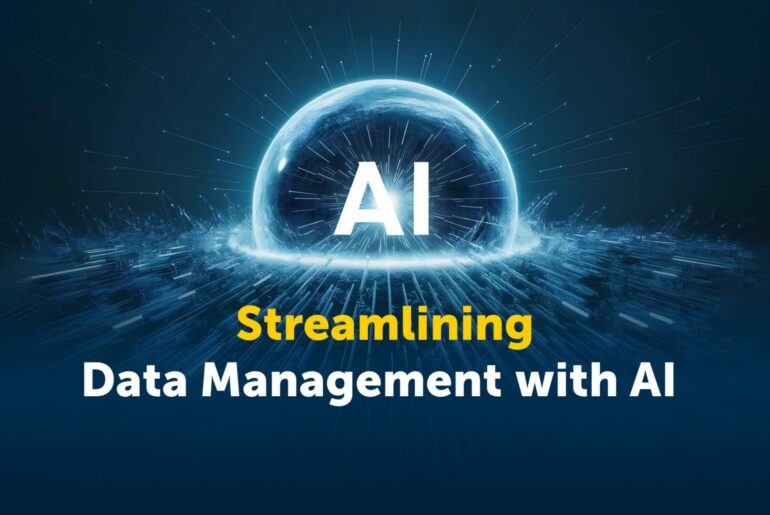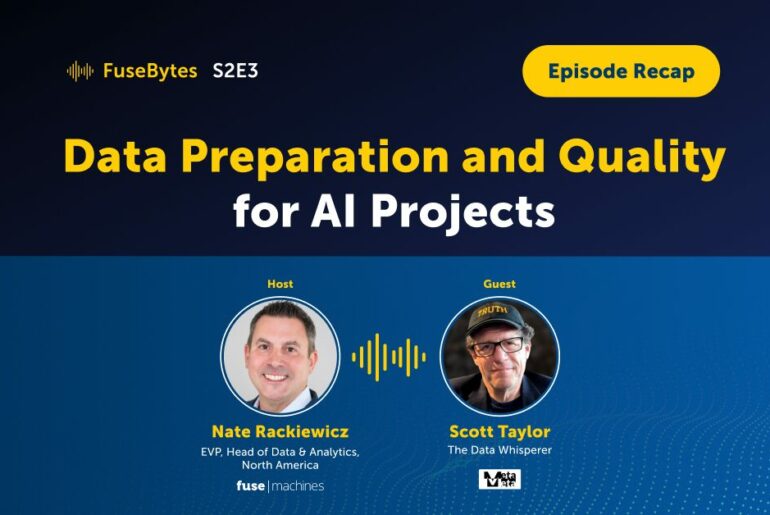The retail industry is at a crossroads where innovation is no longer optional—it’s the key to survival and growth. Generative AI has emerged to help businesses to navigate the complex demands of modern consumers and dynamic market conditions.
The 2024 U.S. elections was marked by the largest use of AI-driven technologies in political campaigns, voter engagement & election security. With advances in Gen AI campaigns had more tools than ever to reach and engage voters.
The integration of AI technology is rapidly becoming a key differentiator in the fintech industry. But scaling AI effectively remains a challenge for many fintech leaders. This blog will explore how fintech CEOs can successfully scale AI to drive innovation, growth, and long-term success.
The successful implementation of AI relies heavily on the quality and integrity of the data that fuels these systems. Without a strong foundation in data governance, organizations risk undermining the potential benefits of AI. We explore all these and more in this insights piece.
The real estate industry has long been characterized by its complex decision-making processes, marked by fluctuating market conditions, vast amounts of data & evolving customer preferences. AI has emerged as technology that promises to transform how real estate professionals operate. Read more.
For modern companies effectively managing data has become more important than ever. AI-powered information extraction offers a powerful solution that enables organizations to quickly convert unstructured data into valuable insights, saving both time and resources. We explore more in this blog.
AI is rapidly transforming the business landscape, becoming a crucial factor in organizational success. As companies face increasing competition and changing market demands, those that leverage AI effectively will lead the way. We discuss more here.
As rapid innovation transforms industries, turning ideas into market-ready products is increasingly crucial. Traditional methods often struggle to meet evolving consumer expectations, making AI a game changer. We explore more here
As technology advances, AI has become a critical component for business success. While many companies are adopting AI to stay competitive, some still overlook its importance. In this blog, we’ll uncover the hidden costs of neglecting AI in your business strategy.
The workplace of tomorrow is being built today, and Artificial Intelligence (AI) is at the heart of this transformation. From streamlining recruitment processes to personalizing employee engagement, AI is revolutionizing workforce management in ways that were unimaginable just a few years ago. We explore more here.
In today’s data-centric world, managing complex data environments presents a significant challenge for organizations. Traditional data management methods often struggle to keep pace with the ever-increasing volume, variety, and velocity of data. AI is emerging as a transformative solution to these challenges. We explore more in this blog
As AI continues to advance and integrate into various business processes, the need for a workforce proficient in these technologies has never been more critical. For organizations looking to stay competitive, developing AI literacy within the workforce is no longer optional but essential. We explore more in this insight piece.
The Paris 2024 Olympics have come to a close, and one thing is clear: AI has redefined the event in ways we’ve never seen before. we’ll dive into the top AI applications that shaped the Olympics, exploring how these technologies set new standards and changed the way we experience global sporting events.
As business dynamics evolve rapidly and technology redefines industry standards, continuous learning has become essential for success. Embracing AI and data-driven insights helps optimize learning processes, drive innovation, and achieve sustained success. Learn more.
In Season 2, Episode 3 of FuseBytes, host Nate Rackiewicz is joined by Scott Taylor, The Data Whisperer. Together, they explore critical strategies for ensuring that AI initiatives are built on solid foundations of high-quality data.
Traditional segmentation methods often struggle to keep pace with the complexity of modern consumer behavior. In contrast, AI market segmentation provides a dynamic solution, enabling real-time updates and more personalized engagement. We explore more in this blog.


